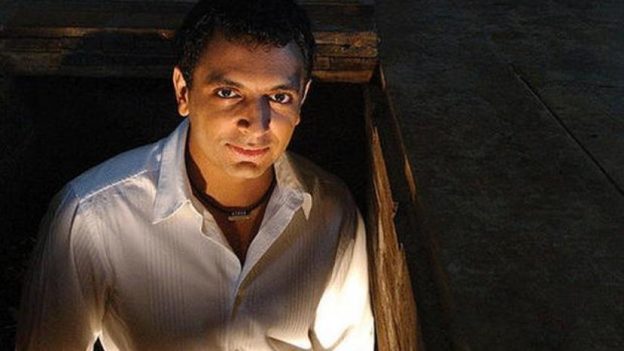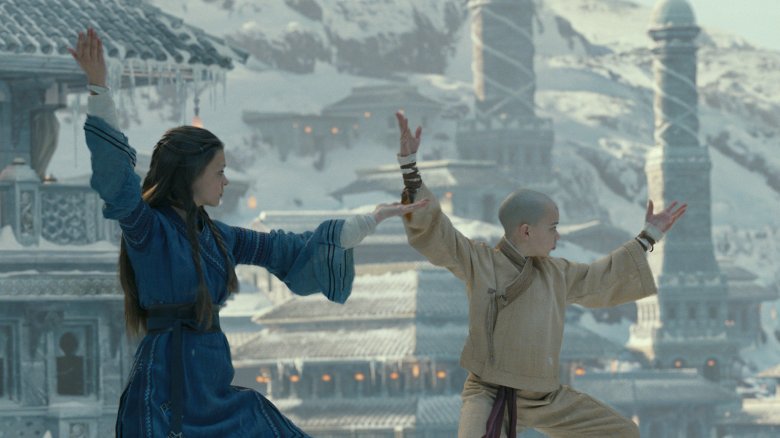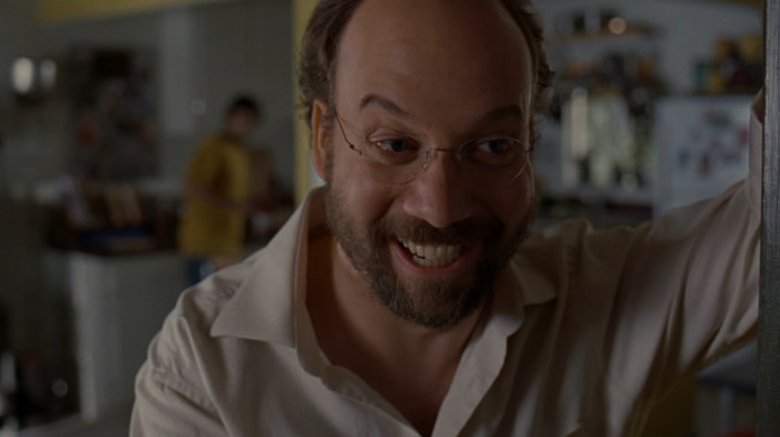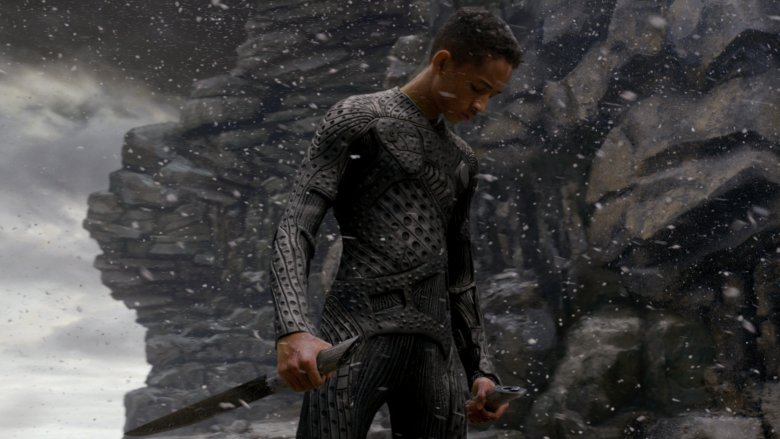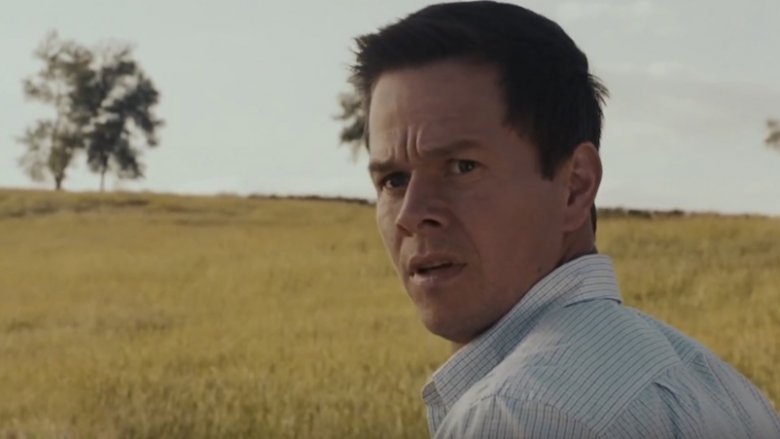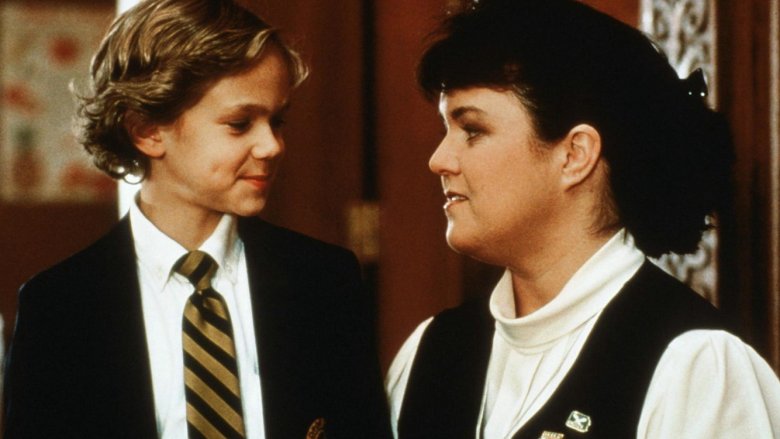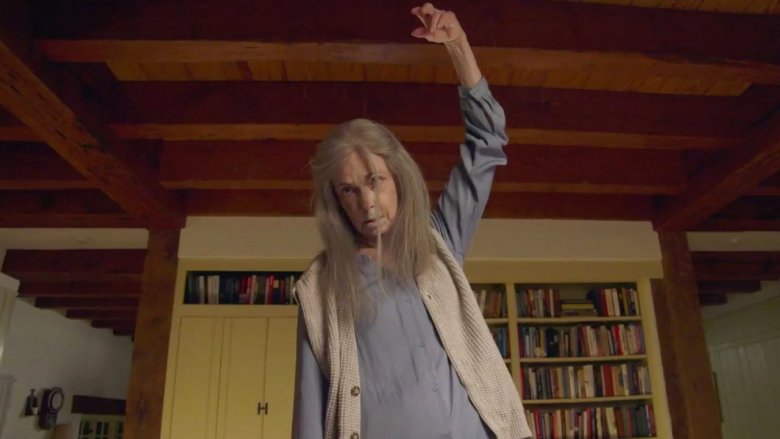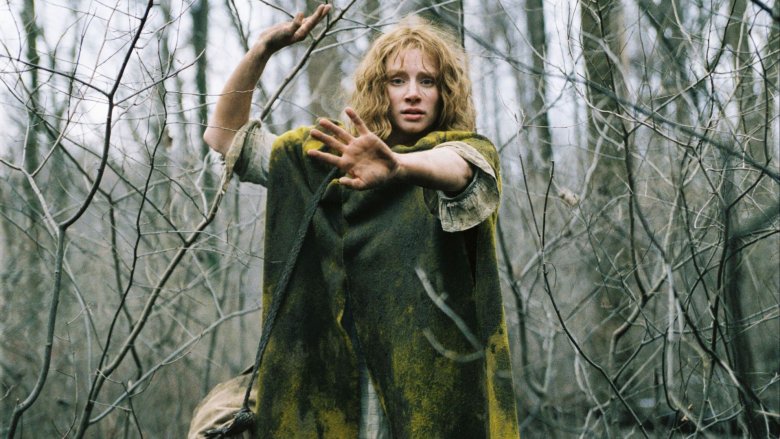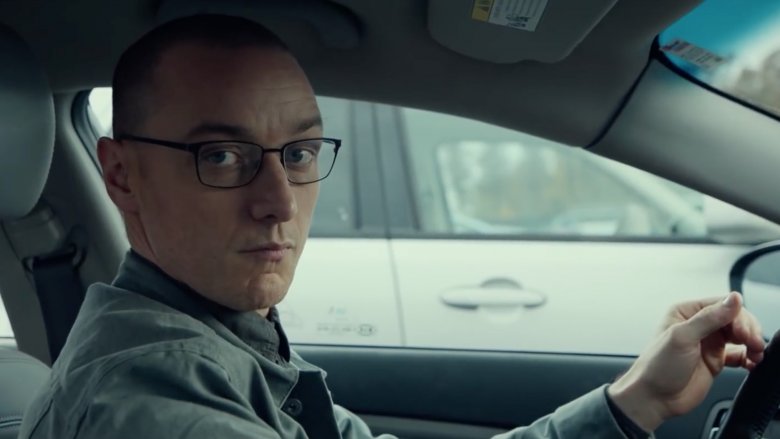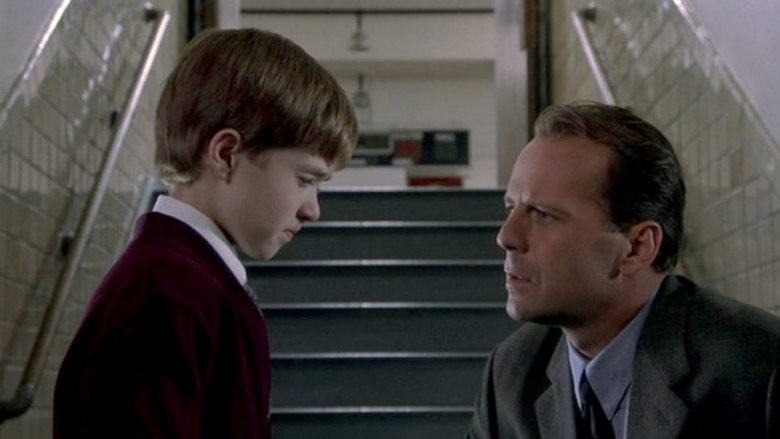
Two months months ago, while working a story on M. Night Shyamalan’s career, I called up every internet clip and video analysis I could find about the director, who is known for his twist endings (The Sixth Sense, Unbreakable, Signs).
In the course of reporting the story, a prelude to Shyamalan’s latest film, Glass, I came upon a number of videos breaking down the new film — including the twist ending — which hadn’t even been released yet.
That didn’t stop sneak preview viewers from spilling more than the twist ending. The videos spelled out every twist. Every unexpected turn was revealed, dissected and analyzed. There were a half-dozen surprises in the film, at least. Some video critics warned they were going to spill the movie’s secrets. Some did not.
By the time I walked into the movie, I knew every turn the flick was going to make, from character revelations to battle outcomes.
I enjoyed the movie, but couldn’t help but wonder whether spoilers had cast a shadow of bias over my viewing. It certainly ensured a surprise-free couple of hours. Tension was a non-factor. Still, the spoilers had alerted me to Shyamalan’s break from comic book tradition with Glass — which perhaps biased me to like the movie.
Regardless of this particular movie, spoilers have become such a reality in film that, to enjoy one, you pretty much have to avoid computers, cell phones and TV sets till you’ve seen the film.
What would Hitchcock think about the development, I wondered. This has to be crazy-making for suspense directors like Shyamalan, John Carpenter, West Craven, and on. Just this weekend, Jordan Peele’s movie Us raked in $70 million on its opening weekend, breaking multiple records for a suspense film. So spoilers didn’t appear to hurt the bottom line.
Still, on a lark, I decided to do similar research Saturday on the movie, which ends with a twist on which the film squarely rests.
So I turned on YouTube. The first video recommended was entitled “The ending of Us explained.” The video was done by a group called Looper, a wildly popular movie website and online channel. The movie opened at midnight Thursday. The video was posted about 4 p.m. ET on Friday. Within its first four hours, it had more than 15,000 views.
The video aired without warning viewers of spoilers ahead, and the six-minute video broke down every key scene in the flick, as well as the identity of the mysterious villain. A cursory look uncovered a half dozen other similar videos. Then I went to Wikipedia and looked up the movie. There, too, was a page-long synopsis of the movie, including the surprise ending. All within 36 hours of its opening.
What’s happening here? Remember when you had to hear someone tell you of The Sixth Sense! Or The Crying Game? Go all the way back to Citizen Kane or Psycho; Some of Hollywood’s most iconic moments stem from rugs being pulled beneath viewers’ feet. Imagine your reaction if a friend told you in the mid-80’s, “You gotta see The Empire Strikes Back! It’s got great effects! And I can’t believe Darth Vader is Luke Skywalker’s father!” (oh, spoiler alert). You’d likely punch your friend in the face.
But spoilers have become so pervasive in movies some YouTubers are recording their reactions literally seconds after stepping from the theaters. And perhaps that’s inevitable. Maybe word-of-mouth is like the phone booth and mailbox; short for this world. Our laptops have become our water coolers, Facebook our hair salons, Twitter our barber shops.
The overall effect on movies is hard to gauge, though some signs are ominous. A recent study by VU University Amsterdam in the Netherlands found that spoilers may not ruin an experience entirely, but can reduce suspense and decrease overall enjoyment of a film.
In a study of 412 college students, scientists found that movies that had been spoiled were rated as less moving, less thought provoking, and less successful at drawing the viewer into a narrative world and providing an immersive experience. The effects of story spoilers were “consistently negative,” Benjamin Johnson, an assistant professor and study coordinator, said in a statement.
“Our study is the first to show that people’s widespread beliefs about spoilers being harmful are actually well-founded and not a myth,” Johnson said. “Instead, we surprisingly found that for all the outcomes, spoilers were detrimental.”
The study did not recommend solutions, nor even suggest one was possible in the immediacy of an internet era. But Hollywood may have no choice but to act: Despite annual box office records, most of the increase is due to inflation. Actual movie attendance is down about 10% over the last 20 years, according to BoxOfficeMojo.com. If that trend continue, studios may be on the receiving end of a disastrous spoiler.

